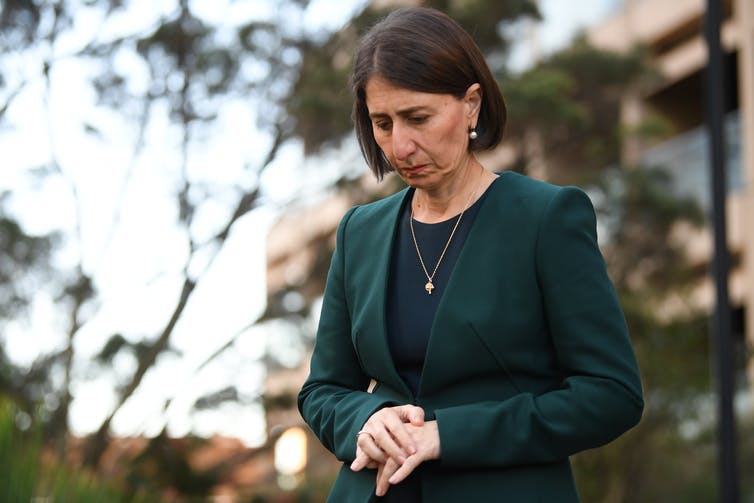We are reeling from the loss of Gladys Berejiklian. She was one of a kind in many ways – warm, genuine, hardworking, courageous and smart. Gladys was humble, respectful and even tempered in the world of politics that urges us to be the opposite. She always demanded more of herself than of anyone else, and when we were around her, we became better versions of ourselves.
Gladys didn’t pretend to be anyone other than herself, unlike some political leaders who try to reflect other people’s expectations. And when she shared herself with the nation by leading us through the COVID pandemic, it wasn’t surprising that the nation liked her too.
The loss of a female political leader always leaves a void because there simply aren’t that many. At times like this it’s hard to feel hopeful. We need more women in Parliament and in leadership in politics. Otherwise, where can women look to see what is possible, especially young women interested in politics? As the saying goes, you can’t be what you can’t see.
That’s why it was important to participate in the inaugural Girls Take Over Parliament NSW virtual event, held on International Day of the Girl Child. Run by Jasiri Australia, it was planned to encourage young women to get involved in community leadership by linking them with female politicians. It gives them first-hand experience of the political process through the eyes of female MPs.
Female high school students turned up in force to the event despite their busy curriculum and the extra challenges of COVID learning. It was heartening to have so many young women participate, and it gives me hope for the future role of women as political leaders.
The breakout mentoring sessions were low risk places for open and honest questions and answers between the students and MPs. The young women were interested in personal career pathways into politics. In my case it was mid-career, after working here and overseas in law and banking. Having lived in NYC for six years without the opportunity for a say in how that community worked, it was an irresistible choice for me. For others like Gladys, politics was the backbone of their adult lives. My message to the students was there is no ‘right’ pathway into politics and the more there are, the better our democracy will be.
Our other conversation was about how policy becomes law through the Parliament. The real work of Parliament is either side of the drama of Question Time – through consultations, inquiries, reports, committees, Cabinet decisions, bills and laws. Driving this process is a contest of ideas that is fought over every day, as it should be. But the process can be hidden from the public’s view. I really felt the young women’s passion to be involved in policymaking. It’s our job to do this and to make sure it’s not only issue affecting our youth, but right across the board.
Gladys gave female political leadership in Australia a massive boost. I am full of hope. Now it’s up to each of us in politics to showcase the possibilities for young women – we must be what they can see.

